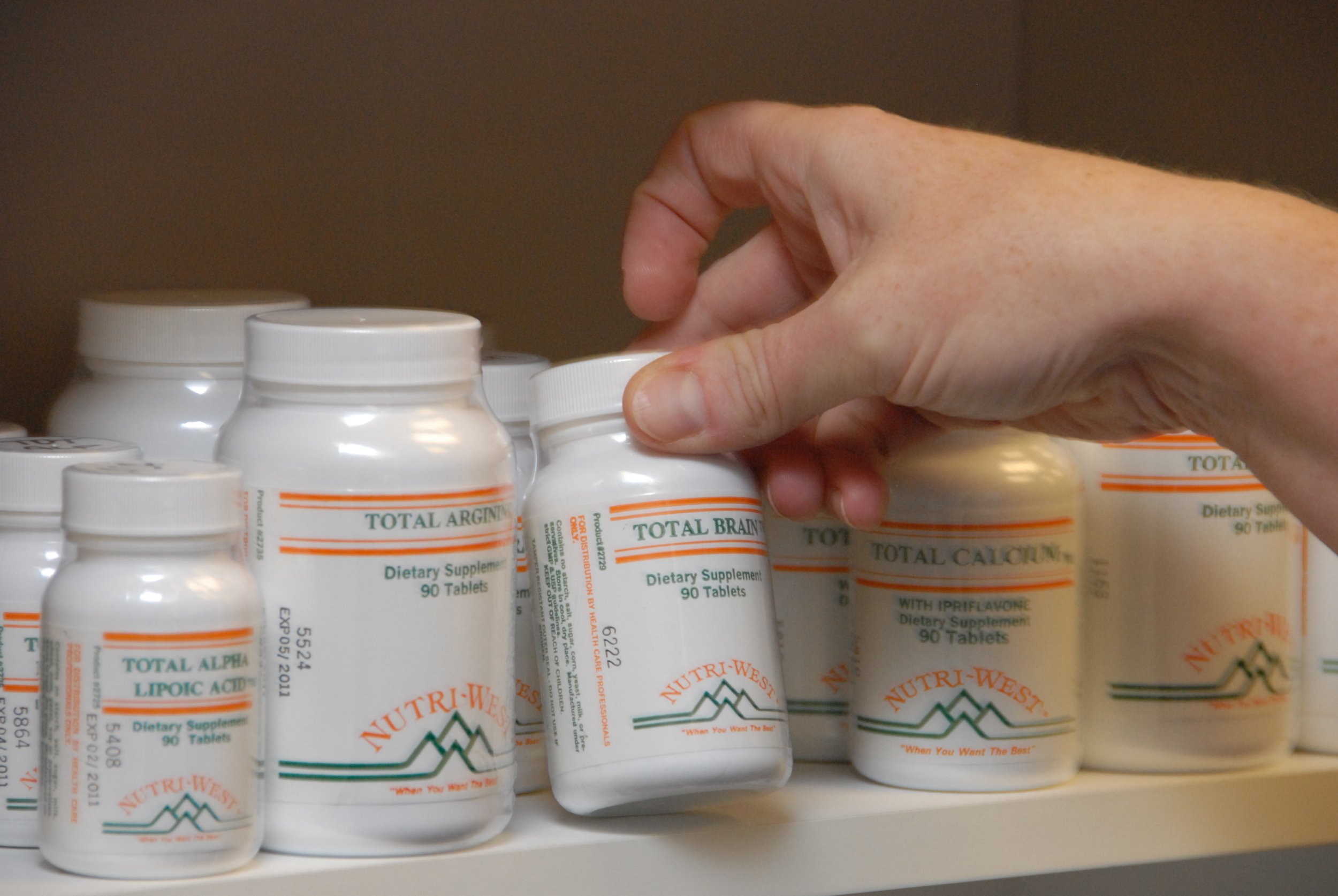
A Holistic Approach to ADD and ADHD in Children
Attention Deficit Disorder (ADD) and Attention Deficit Hyperactivity Disorder (ADHD) are common neurodevelopmental disorders in children. While conventional treatments often focus on medications, a holistic approach offers a comprehensive alternative that addresses underlying causes and supports overall well-being. This method incorporates functional medicine evaluations and diverse treatments to create a personalized care plan for each child.

The Healing Power of Touch: Unveiling the Science

Tatoos and Toxicity
As a holistic doctor deeply committed to the overall well-being of my patients, I feel compelled to shed light on a topic that has become increasingly popular yet raises significant health concerns: tattoos. While tattoos have gained acceptance as a form of self-expression, there are crucial aspects of their safety that often go overlooked.

Gluten and Inflammation: A Holistic Perspective

Managing Autoimmunity
Autoimmune diseases, where the body's immune system mistakenly attacks its own tissues, are on the rise globally. As a holistic practitioner, I believe it's crucial to consider lifestyle factors that contribute to these conditions. By addressing diet, stress, sleep, environmental exposures, and including allergy and toxin testing and treatment, we can develop a comprehensive approach to prevent and manage autoimmune diseases.

The Healing Power of Laughter: A Holistic Doctor's Perspective

Energize Naturally: Holistic Approaches to Boosting Energy Levels

The Decline of Nutritional Content in Foods: Why Supplements Have Become Essential

Understanding Protein Needs: A Holistic Approach to Optimal Health

Gluten: What is it and should I avoid it?

Navigating the coffee conundrum
Coffee is a beloved drink for many of my patients - revered for its ability to awaken the mind, invigorate the senses, and frankly help get us through our busy days. Yet, beneath its aromatic veil lies health benefits and drawbacks that warrant careful consideration.

Chemical herbicides and pesticides’ impact on the gut
Your gut microbiome can be altered or even destroyed using external herbicides and pesticides. These chemicals destroy the healthy, beneficial bacteria and other microorganisms present in your gut, potentially leading to immune system disorders by way of leaky gut and other chronic health issues including certain cancers and psychiatric disorders.

Reduce stress naturally
Stress causes disruption of secretion of cortisol from the adrenal glands. In a stressful situation high amounts of cortisol are released so that we can fight or flight. If this happens only occasionally it isn’t a problem, but when we are constantly in fight or flight mode the increased cortisol becomes a disruptor for other key systems of the body.

How to avoid a leaky gut
Leaky Gut Syndrome can cause many health problems from allergies, to inflammation, and autoimmune disorders.

Muscle testing & applied kinesiology

Detoxing at home
Even when we are not under quarantine, detoxing procedures at home can be beneficial. The most important procedure is always to avoid any obvious toxins from food or household products.

Natural viral protection
Although there are no studies on the use of alternative treatments for the current viral outbreak, we do know that certain nutritional substances can increase immune function in a general sense.

Reduce inflammation with lectin-free eating
I was a complete vegetarian for 27 years. About twenty years ago I was given a book called Eat Right for Your Blood Type. I had begun to experience inflammatory problems including joint pain and allergies as well as autoimmune thyroiditis also known as Hashimoto’s Disease. This book introduced me to Lectins. Lectins are proteins found in plants that, when not cooked at high heat or pressure, cause an inflammatory response when eaten.

Ginger: a new tool to add to your weight loss toolkit
A new review, published in the Annals of the New York Academy of Sciences, looked at the findings of 60 studies performed on cell cultures, lab animals, and humans and found ginger to be beneficial in fighting against obesity, diabetes, and cardiovascular diseases.

How likely are you to be deficient in vitamins or minerals?
Based on the latest data from the Centers for Disease Control and Prevention (CDC) in 2012, about 10% or less of the general population had nutrition deficiencies for selected vitamin and minerals.